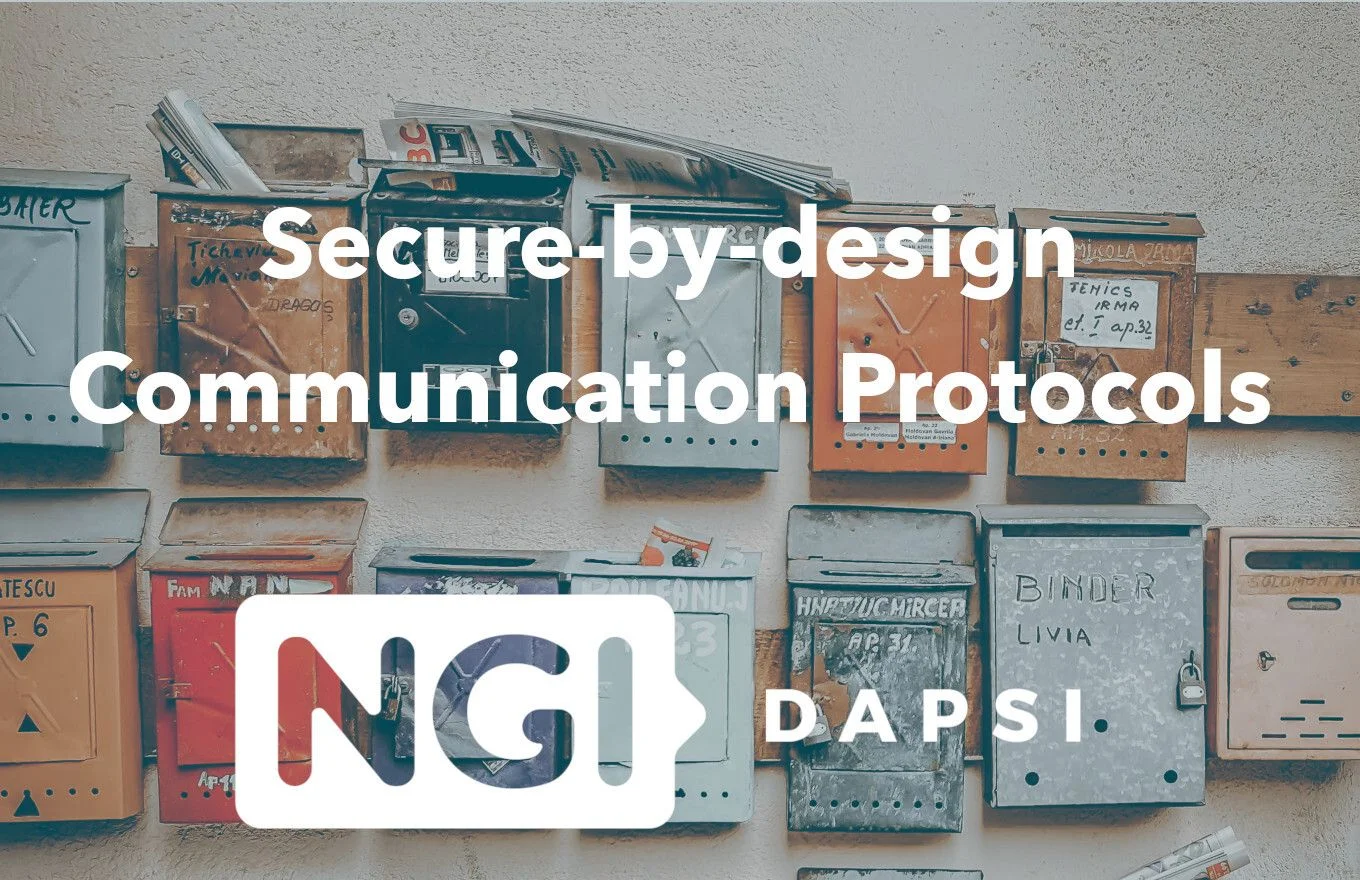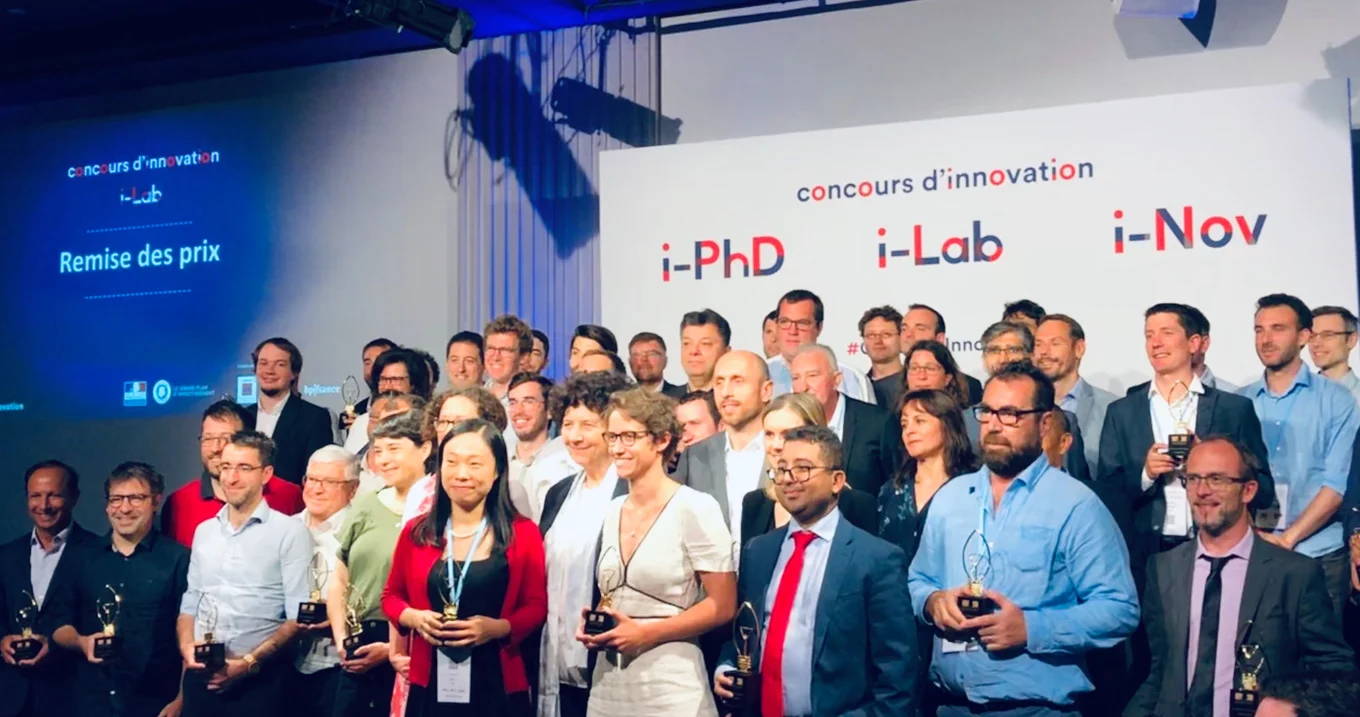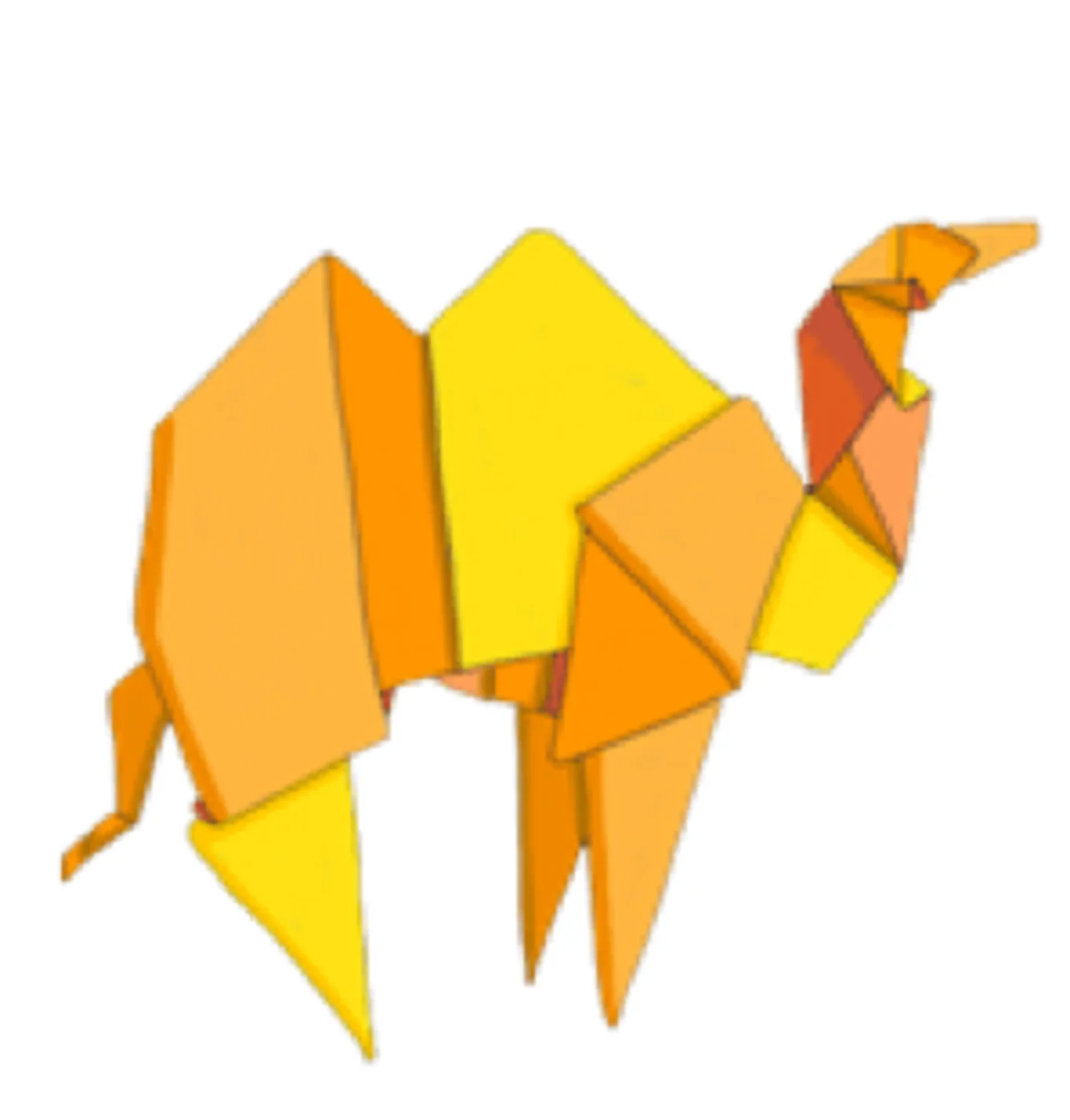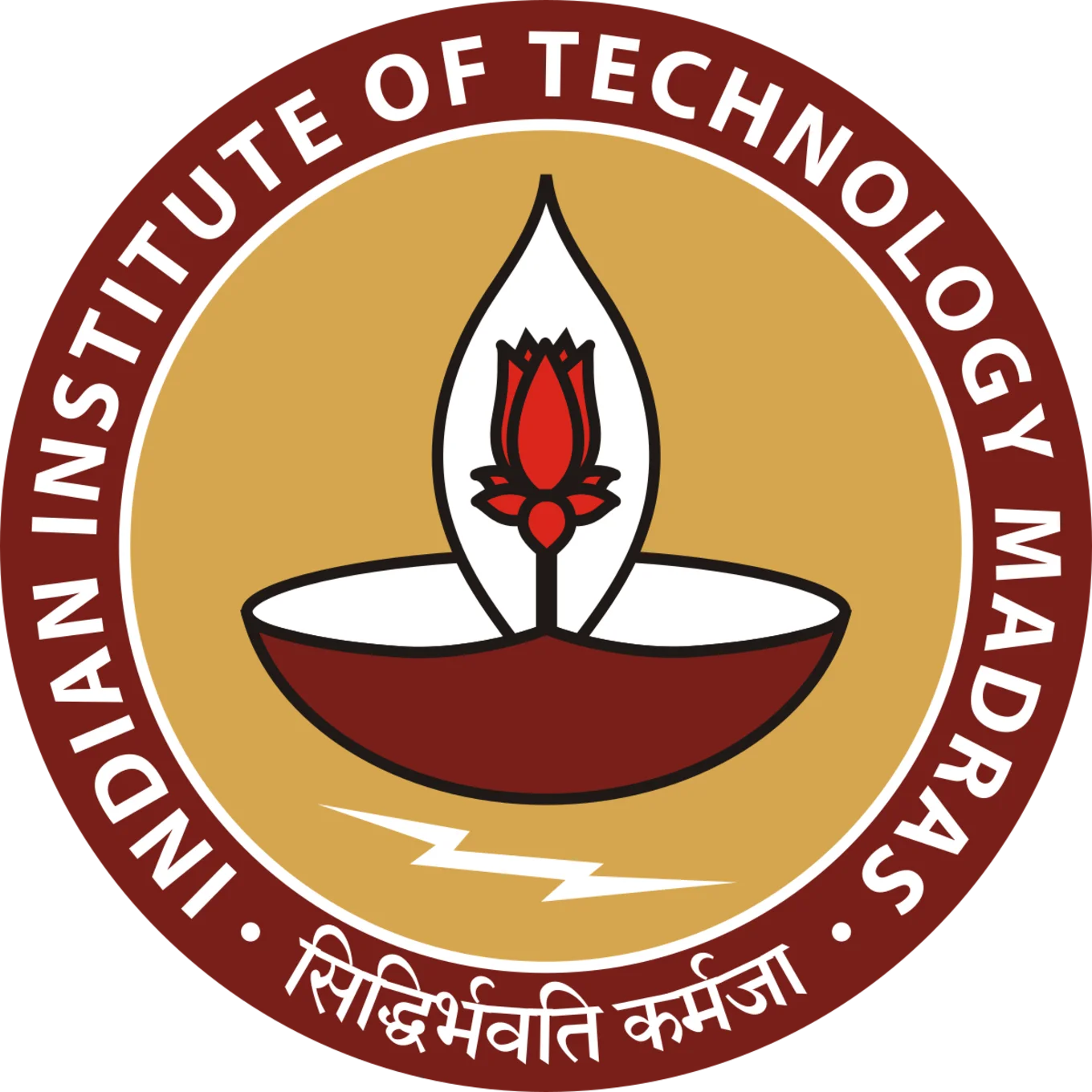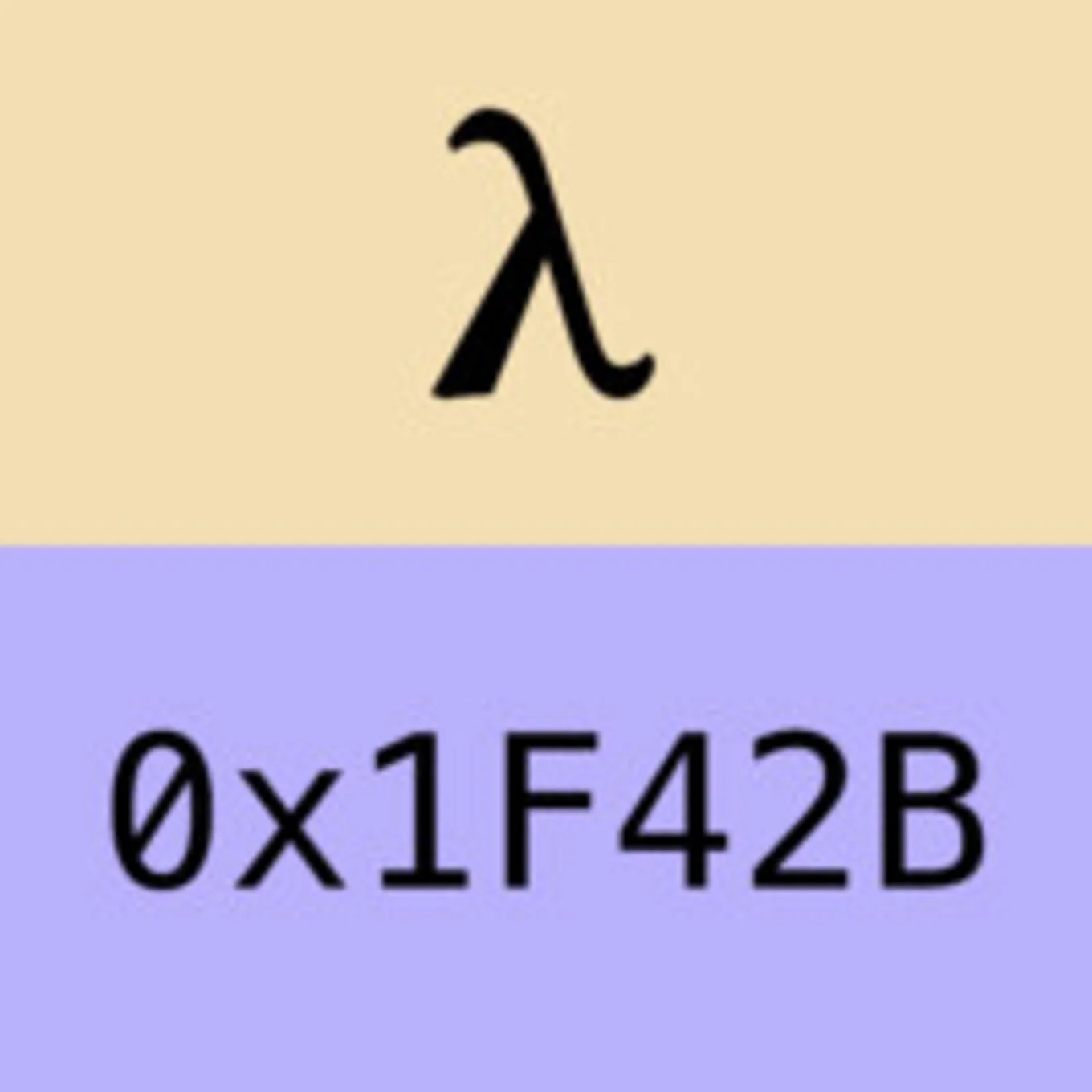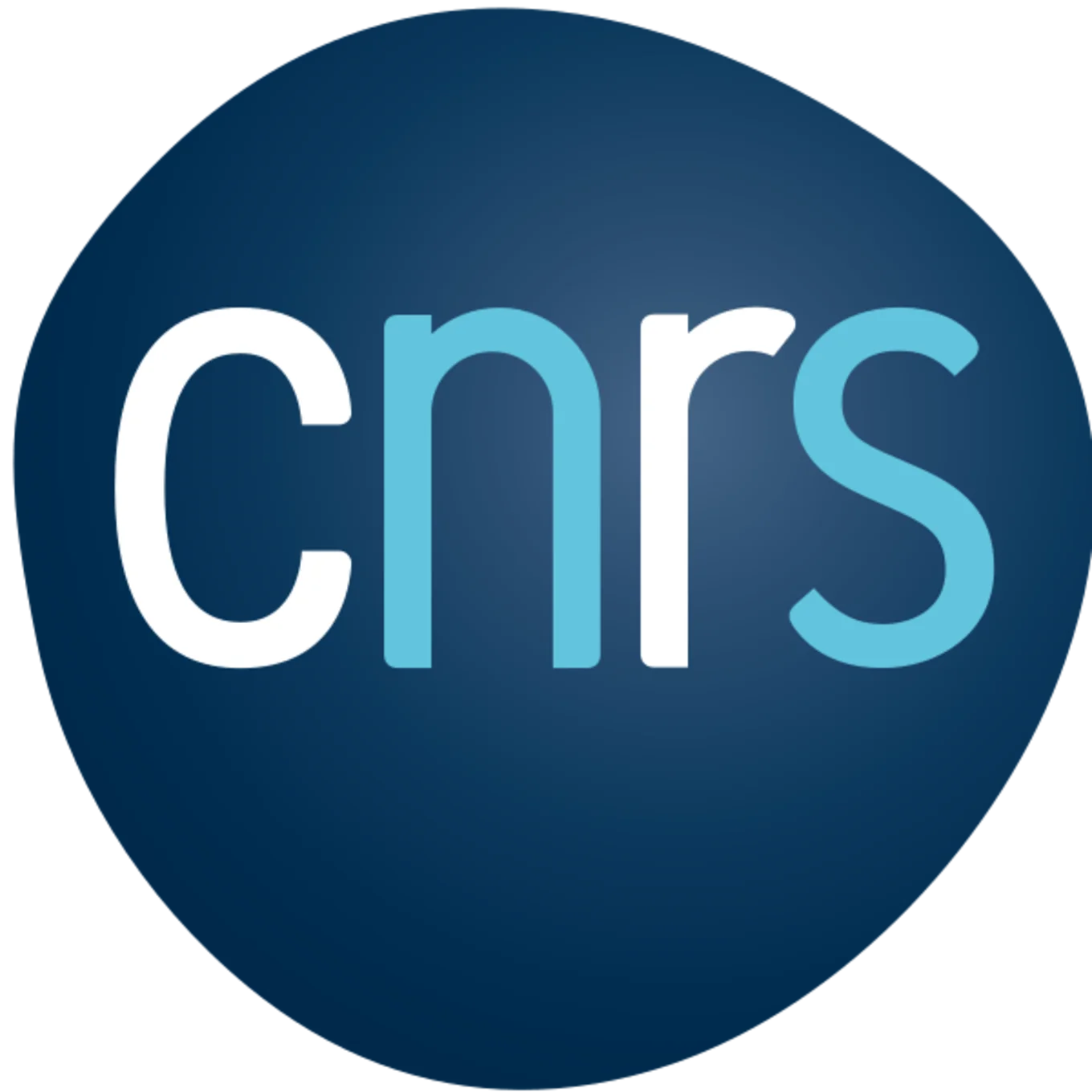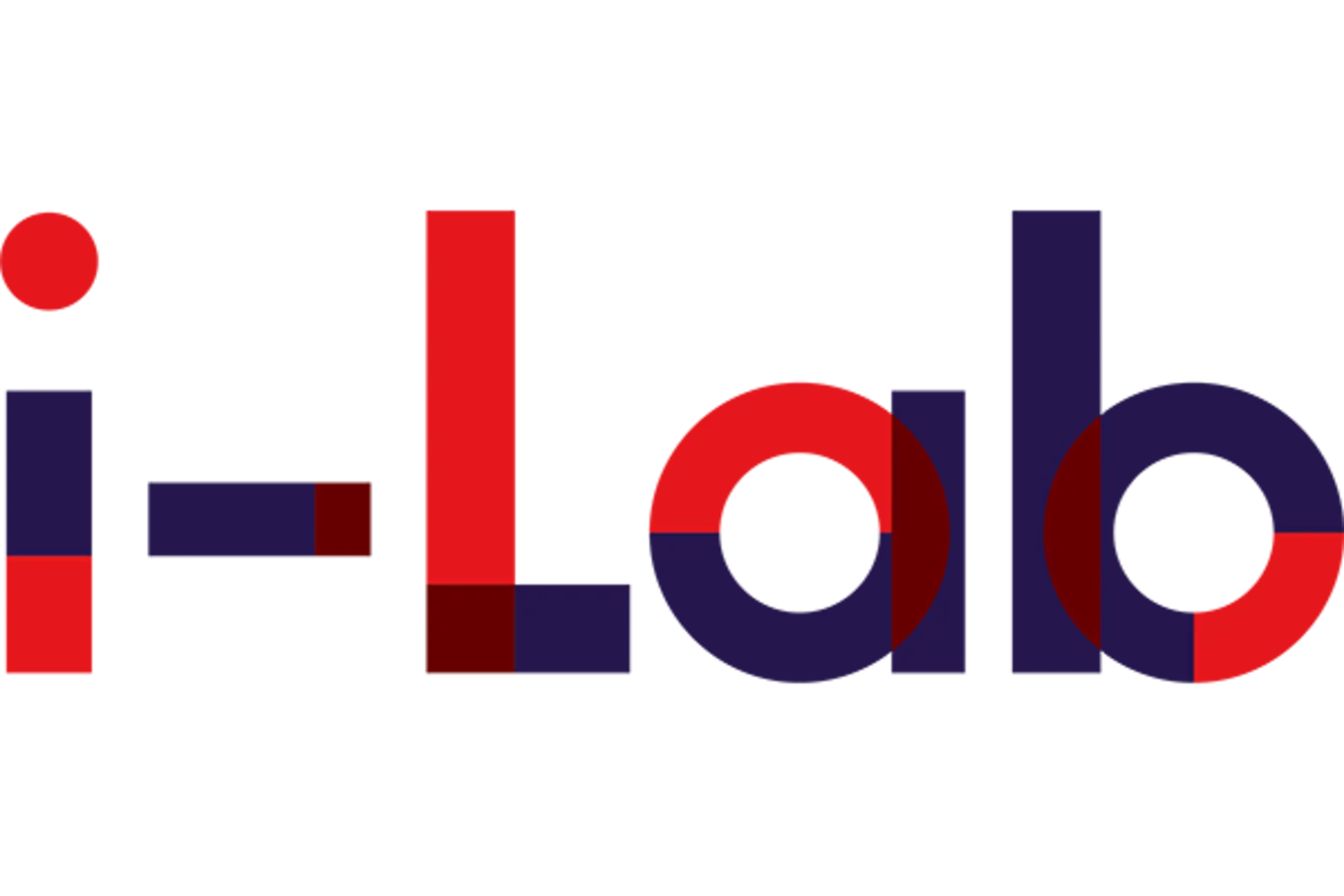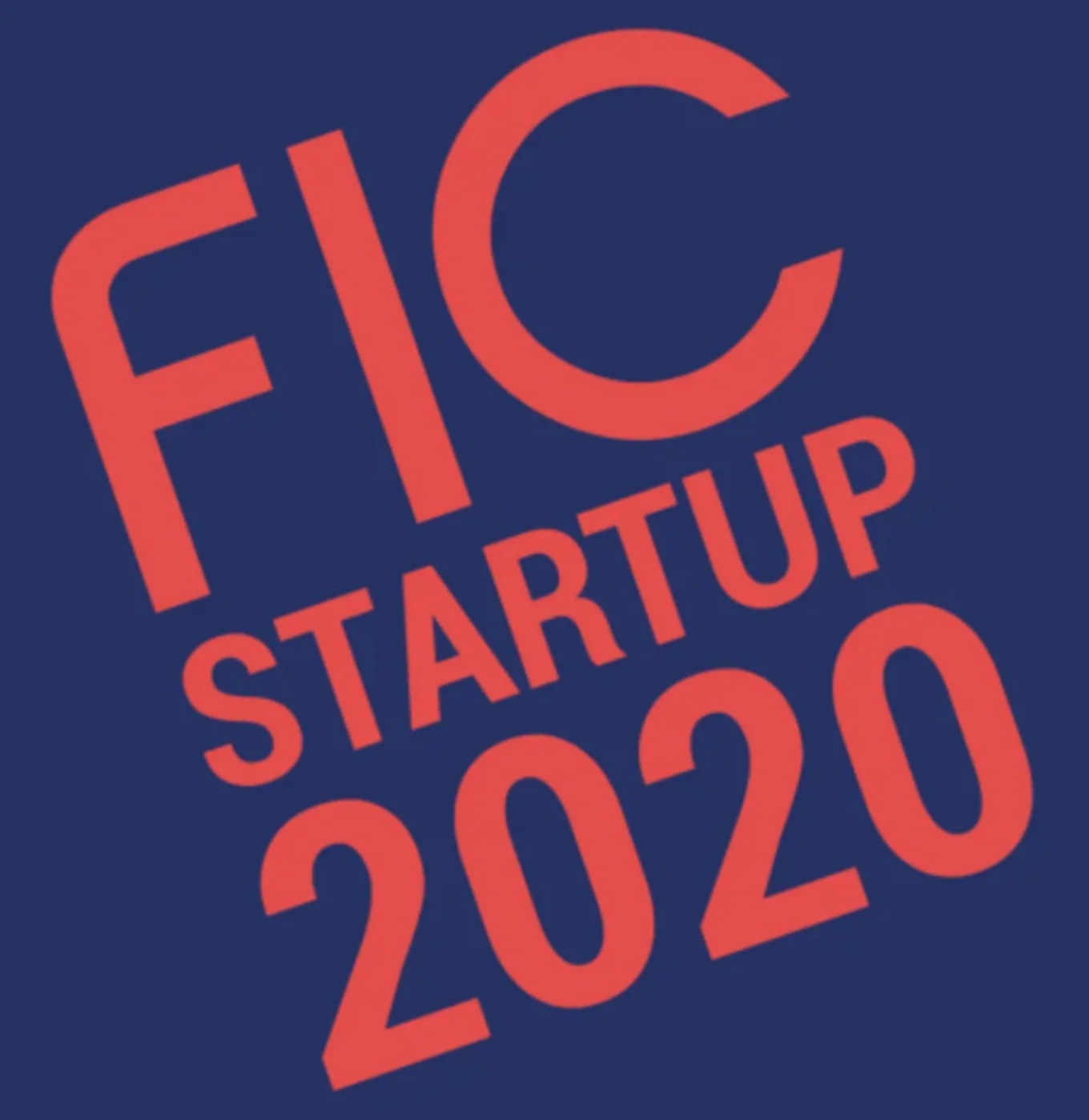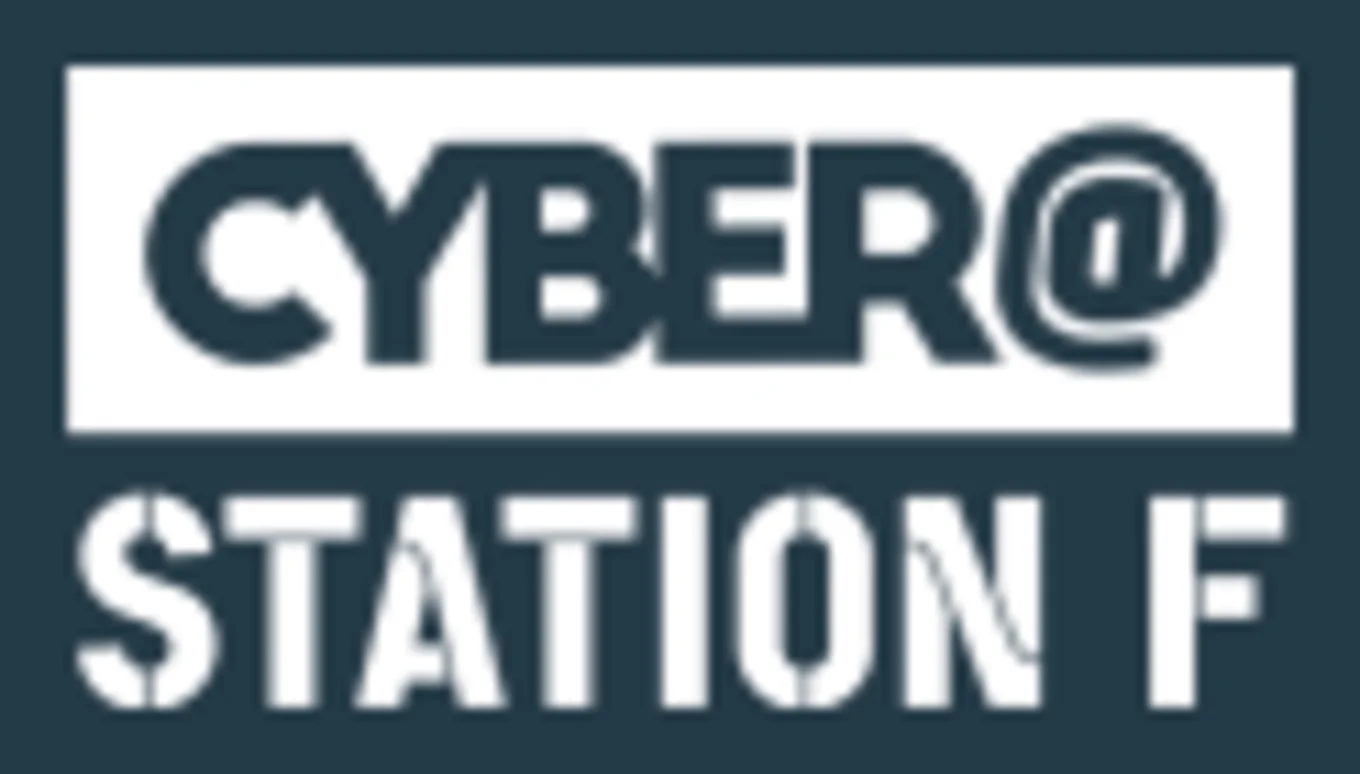Innovate With Confidence
Transform your big ideas into production-ready systems. Discover our cutting-edge research that drives software excellence.
Why Partner with Tarides?
At Tarides, we are committed to advancing cutting-edge research and innovation, continually pushing the boundaries of technology through strategic partnerships, grants and original research. Many of our key projects and achievements highlight our contributions to cybersecurity, space technology, and IoT, specifically addressing the challenges of latency, security, confidentiality, and energy efficiency.

Academic, scientific & industrial collaborations
Partner with us to leverage our expertise in OCaml, OSS development, and OS design to drive innovation and research in your field.
Tap into our network of researchers, engineers, and experts to accelerate project timelines and tackle complex challenges.
Collaborate on projects that address pressing industry needs, such as cybersecurity, space technology and IoT, to make a tangible difference in the world.
Consortium & grant partnerships
Partner with us to secure grants and funding for your projects, leveraging our expertise to increase competitiveness.
Collaborate on research initiatives that push the boundaries of technology, driving innovation and advancing knowledge in your field.
Align your research goals to maximise impact, addressing challenges such as latency or security.
Cutting-edge R&D
Collaborate on original research that drives software excellence, developing innovative solutions for complex problems.
Leverage our expertise to advance the state of the art in your field, developing production-ready systems and driving innovation.
Apply cutting-edge research to real-world challenges, such as cybersecurity, space technology, and IoT, making a tangible impact on industry and society.
Key Focus Areas
Cybersecurity
Pioneering advancements to safeguard sensitive data, ensuring confidentiality and integrity at every level of digital interaction.
Space
Exploring the unknown and optimising resources for space applications through innovative OS designs that operate reliably in extreme conditions.
Internet of Things (IoT)
Streamlining data processing and latency in connected devices to build secure, efficient, and robust IoT ecosystems.
Medical Devices
Advancing healthcare through more secure and efficient medical data management, from super compact medical devices to post-quantum cryptographic data encryption.
Partnerships Grant Projects
CEOS2030: Data Center and Edge Computing in Space (2025)
With funding from the French government, France2030, and BPIFrance we are partnering with Elsys, ip-maker, Thales Alenia Space France, and Steel Electronique to further develop technology from the ORCHIDE project to meet the expectations of NewSpace. The project aims to enable data processing in flight, provision of instantaneous alerts, and implementing and managing multiple applications in parallel using embedded AI. Tarides will contribute by developing a minimal hypervisor/VMM to monitor unikernels, and developing protocol libraries for embedded space.
ARGOS: Analyse et Représentation des Graphes des Opérations Suspectes
Together with Functori, the LMF lab at Paris Saclay, and the Lip6 lab at Sorbonne University, Tarides is creating a platform for blockchain analysis. ARGOS will facilitate the monitoring and tracing of individual transactions on the blockchain, helping both nations enforce the law and organisations comply with regulation.
FIDES: Combining RISC-V and MirageOS (2024)
In collaboration with the Indian Institute of Technology (IIT) Madras, we are working to provide a secure, lightweight and user-friendly method for deploying applications. The project utilises the RISC-V hardware processor and MirageOS unikernels written in OCaml alongside C code, ensuring robust security for real-world applications that integrate both safe and unsafe code.
ORCHIDE: Powering Satellite Innovation (2023-2025)
As part of the EU HORIZON CL4-2023-SPACE-01-11 program, and through our involvement in the Cyber@StationF Accelerator, we have partnered with leading entities in earth observation and space technology, such as Thales Alenia Space France, University Politehnica of Bucharest, and Thales Romania. The ORCHIDE project focuses on developing high-performance secure-by-design solutions for the space sector, leveraging OCaml, MirageOS, and unikernels.
GOSPEL: Towards a Specification Language and an Ecosystem to Specify, Test, and Verify OCaml Programs (2023-2026)
Funded in part by the French National Research Agency (ANR), Tarides is working with INRIA, LMR UPSaclay, and Nomadic Labs to develop and improve the specification language Gospel, and provide tooling for use within the ecosystem. Alongside extending the Gospel typechecker, adding support for the OCaml documentation generator, Odoc, and runtime testing of the code, we will also undertake a case study to investigate if Gospel can be used with eio to debug and verify applications.
Cyber@StationF Acceleration Program (2022)
Selected for the Cyber@StationF Acceleration Program, Tarides collaborated with Thales to develop a proof of concept that combines the powerful features of OCaml, MirageOS, and unikernels. This project aims to enhance cybersecurity and trust by reducing runtime complexity and ensuring lightweight, accurate results.
Secure-by-Design Communication Protocols (SCoP) with NGI Dapsi (2021-2022)
In partnership with NGI Dapsi, we addressed data portability challenges in communication services. Our project focused on developing trustable implementations of open protocols using type-safe languages deployed as specialised, secure, and resource-efficient unikernels.
i-Lab Innovation Contest
Tarides has been awarded the prestigious i-Lab innovation contest grant for its groundbreaking project, OSMOSE, a software infrastructure platform designed for secure, low-latency IoT applications with minimal resource requirements. Organized by the French Ministry of Higher Education, Research and Innovation and Bpifrance, the competition recognized 75 of over 700 entries for their technological innovation. Built on open-source projects like MirageOS and Irmin, OSMOSE leverages unikernel technologies and advanced programming research to create specialized, high-performance systems, reflecting over a decade of academic collaboration originating at the University of Cambridge.
Research Papers
-
Dynamic Verification of OCaml Software with Gospel and Ortac/QCheck-STMNikolaus Huber, Naomi Spargo, Nicolas Osborne, Samuel Hym, Jan MidtgaardTACAS 20252025
-
Wasm_of_ocamlJérôme VouillonML 20242024
-
Opam 2.2 and beyondRaja Boujbel, Kate Deplaix, David AllsoppOCaml Workshop 20242024
-
Saturn: a library of verified concurrent data structures for OCaml 5Clément Allain, Vesa Karvonen, Carine MorelOCaml Workshop 20242024
-
Picos — Interoperable effects based concurrencyVesa KarvonenOCaml Workshop 20242024
-
First-Class Windows: Building a Roadmap for OCaml on WindowsSudha Parimala, Benjamin Canou, Pierre Boutillier, David AllsoppOCaml Workshop 20242024
-
Project-wide occurrences for OCaml, a progress reportUlysse GérardOCaml Workshop 20242024
-
Continuing WebAssembly with Effect HandlersLuna Phipps-Costin, Andreas Rossberg, Arjun Guha, Daan Leijen, Daniel Hillerström, KC Sivaramakrishnan, Sam LindleyProceedings of the ACM on Programming Languages (PACMPL), issue OOPSLA 20232023
-
Eio 1.0 – Effects-based IO for OCaml 5Thomas Leonard, Patrick Ferris, Christiano Haesbaert, Lucas Pluvinage, Vesa Karvonen, Sudha Parimala, KC Sivaramakrishnan, Vincent Balat, Anil MadhavapeddyOCaml Workshop 20232023
-
Building a lock-free STM for OCamlVesa Karvonen, Bartosz Modelski, Carine Morel, Thomas Leonard, KC Sivaramakrishnan, YSS Narasimha Naidu, Sudha ParimalaOCaml Workshop 20232023
-
Runtime Detection of Data Races in OCaml with ThreadSanitizerOlivier Nicole, Fabrice BuoroOCaml Workshop 20232023
-
State of the OCaml Platform 2023Thibaut Mattio, Anil Madhavapeddy, Thomas Gazagnaire, David AllsoppOCaml Workshop 20232023
-
Runtime verification of OCaml programsClément PascuttoProgramming Languages [cs.PL] - Université Paris-Saclay, 20232023
-
MacoCaml: Staging Composable and Compilable MacrosNingning Xie, Leo White, Olivier Nicole, Jeremy YallopICFP 20232023
-
Composing Schedulers using Effect Handlers.Deepali Ande, KC Sivaramakrishnan.OCaml Workshop 20222022
-
OCaml 5.0 - Concurrent and Parallel programming for OCamlKC SivaramakrishnanKeynote - ICFP 20222022
-
OCaml 5 for the working programmerSudha Parimala, Marek KubicaTutorial - ICFP 20222022
-
Multicoretests - Parallel Testing Libraries for OCaml 5.0Jan Midtgaard, Olivier Nicole, Nicolas OsborneOCaml Workshop 20222022
-
Faster reachability analysis for LR(1) parsersFrédéric Bour, François PottierSoftware Language Engineering (SLE) 20222022
-
Optimizing Prestate Copies in runtime Verification of function PostconditionsJean-Christophe Filliâtre, Clément PascuttoRuntime Verification (RV) 20222022
-
Copying opam Switches - It Should Just Work™David AllsoppOCaml Workshop 20222022
-
Supporting a Decade of OpamDavid Allsopp, Raja Boujbel, Kate Deplaix, Louis GesbertOCaml Workshop 20222022
-
Homogeneous Builds with OBuilder and OCamlTim McGilchrist, David Allsopp, Patrick Ferris, Antonin Décimo, Thomas Leonard, Anil Madhavapeddy, Kate DeplaixOCaml Workshop 20222022
-
Continuous Monitoring of OCaml Applications Using Runtime EventsSadiq Jaffer, Patrick FerrisOCaml Workshop 20222022
-
Certified Mergeable Replicated DatatypesVimala Soundarapandian, Adharsh Kamath, Kartik Nagar, KC SivaramakrishnanInternational Conference on Programming Language Design and Implementation (PLDI), 20222022
-
Marrying Replicated and Functional Data StructuresVimala Soundarapandian, Adharsh Kamath, Kartik Nagar, KC Sivaramakrishnan9th Workshop on Principles and Practice of Consistency for Distributed Data (PaPoC), 20222022
-
Module Shapes for Modern ToolingThomas Réfis, Ulysse Gérard, Leo WhiteML 20222022
-
Adapting the OCaml ecosystem for Multicore OCamlSudha Parimala, Enguerrand Decorne, Sadiq Jaffer, Tom Kelly, KC SivaramakrishnanOCaml Workshop 20212021
-
Retrofitting effect handlers onto OCamlKC Sivaramakrishnan, Stephen Dolan, Leo White, Tom Kelly, Sadiq Jaffer, Anil MadhavapeddyPLDI 20212021
-
ConFuzz: Coverage-Guided Property Fuzzing for Event-Driven ProgramsSumit Padhiyar, K. C. SivaramakrishnanPADL 20212021
-
Experiences with EffectsThomas Leonard, Craig Ferguson, Patrick Ferris, Sadiq Jaffer, Tom Kelly, KC Sivaramakrishnan, Anil MadhavapeddyOCaml Workshop 20212021
-
Leveraging Formal Specifications to Generate Fuzzing SuitesNicolas Osborne, Clément PascuttoOCaml Workshop 20212021
-
Parafuzz: Coverage-guided Property Fuzzing for Multicore OCaml programsSumit Padhiyar, Adharsh Kamath, KC SivaramakrishnanOCaml Workshop 20212021
-
Tail Modulo ConsFrédéric Bour, Basile Clément, Gabriel SchererJFLA 20212021
-
A Multiverse of Glorious documentation.Lucas Pluvinage, Jonathan LudlamOCaml Workshop 20212021
-
The OCaml PlatformAnil MadhavapeddyOCaml Workshop 20202020
-
Banyan: Coordination-Free Distributed Transactions over Mergeable TypesShashank Shekhar Dubey, K. C. Sivaramakrishnan, Thomas Gazagnaire, Anil MadhavapeddyAPLAS 20202020
-
Retrofitting parallelism onto OCamlK. C. Sivaramakrishnan, Stephen Dolan, Leo White, Sadiq Jaffer, Tom Kelly, Anmol Sahoo, Sudha Parimala, Atul Dhiman, Anil MadhavapeddyICFP 20202020
-
OCaml-CI : A Zero-Configuration CIThomas Leonard, Craig Ferguson, Kate Deplaix, Magnus Skjegstad, Anil MadhavapeddyOCaml Workshop 20202020
-
Irmin v2Clément Pascutto, Ioana Cristescu, Craig Ferguson, Thomas Gazagnaire, Romain LiautaudOCaml Workshop 20202020
-
Nottui & Lwd: A friendly UI toolkit for the ML-programmerFrédéric BourML 20202020
-
Parallelising your OCaml Code with Multicore OCamlSadiq Jaffer, Sudha Parimala, KC Sivaramakrishnan, Tom Kelly, Anil MadhavapeddyOCaml Workshop 20202020
-
The OCaml Platform in 2019Anil Madhavapeddy, Gemma GordonOCaml Workshop 20192019
-
CausalRPC: traceable distributed computationCraig FergusonOCaml Workshop 20192019
-
The future of OCaml PPX: towards a unified and more robust ecosystemNathan Rebours, Jeremie Dimino, Xavier Clerc, Carl EastlundOCaml Workshop 20192019
-
Benchmarking the OCaml compiler: our experienceTom KellyOCaml Workshop 20192019
-
MirageOS 4: the dawn of practical build systems for exotic targetsLucas Pluvinage, Romain Calascibetta, Rudi Grinberg, Anil MadhavapeddyOCaml Workshop 20192019
-
An architecture for interspatial communicationAnil Madhavapeddy, KC Sivaramakrishnan, Gemma Gordon, Thomas GazagnaireINFOCOM Workshops 20182018
-
OCaml on the ESP32 chip: Well Typed Lightbulbs AwaitLucas Pluvinage, Sadiq Jaffer, Anil MadhavapeddyOCaml Workshop 20182018
-
The OCaml Platform 1.0Anil Madhavapeddy, Gemma GordonOCaml Workshop 20182018
-
RFCs, all the way down!Romain CalascibettaOCaml Workshop 20182018
Driving Innovation with the Support of Renowned Institutions
We are proud to collaborate with leading organizations like University of Cambridge, IIT Madras, Inria, CNRS, and others. Additionally, we have received invaluable support from BPI and the European Union, empowering our pursuit of excellence and groundbreaking advancements.












